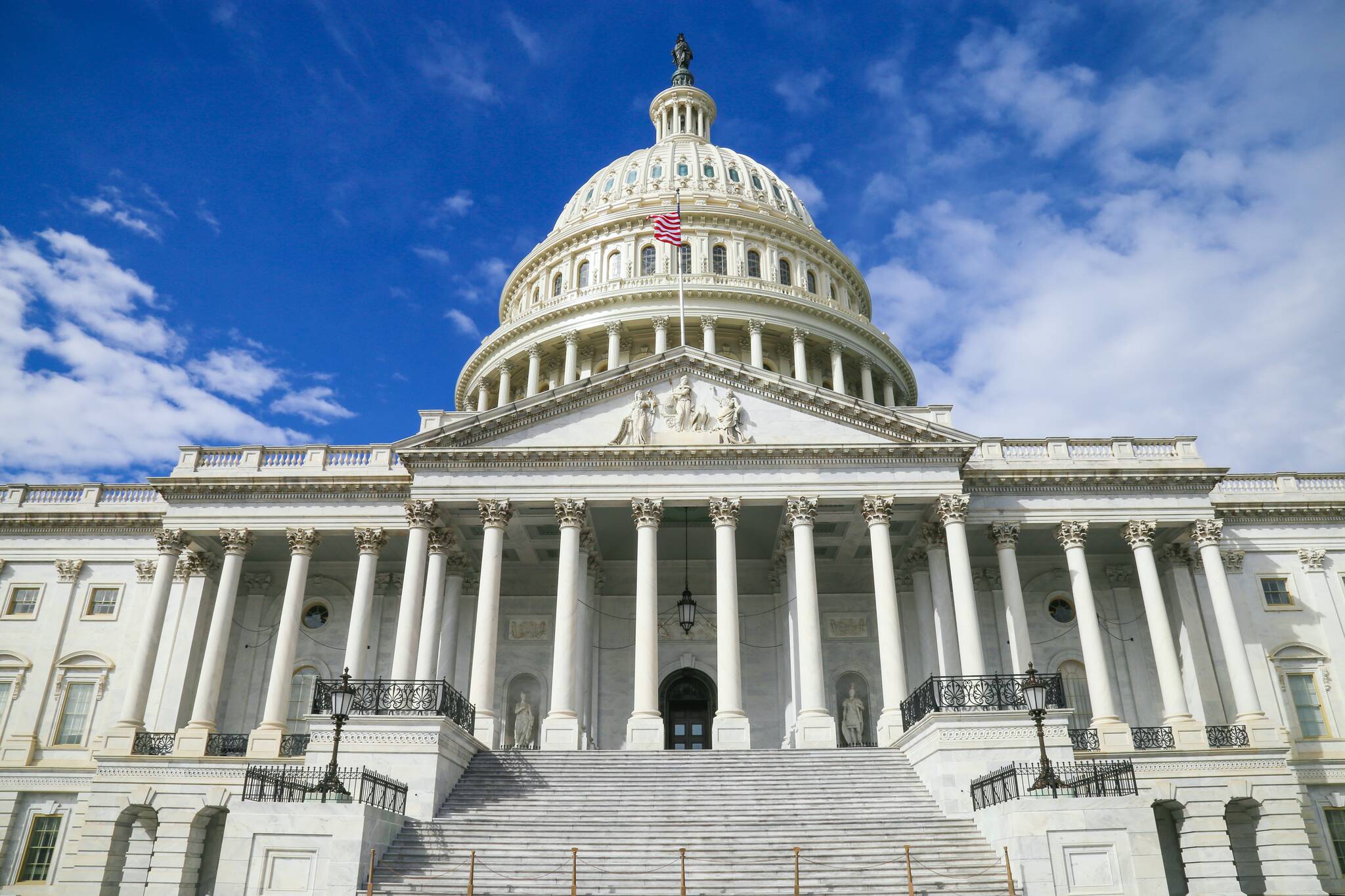As a rural Alaskan who’s deeply grateful to open my freezer full of coho salmon, I loved Mary Peltola’s pro-fish campaign. I jumped in as a volunteer, helping host a fundraiser and rally grassroots activists throughout Southeast Alaska. Her victory promised a new vision of Alaska — one based on fish, family and forward thinking. So it was disheartening to read Rep. Peltola’s recent opinion piece, calling ConocoPhillips’s massive oil extraction on Alaska’s North Slope known as Willow — the ultimate investment in the status quo — her “biggest priority.” This is not what I voted for.
Thousands of Alaskans oppose Willow, and are devastated by the Biden administration’s greenlight. Community members of Nuiqsut — the closest settlement to Willow’s air, water, light and noise pollution — voiced their strong opposition in a recent letter to Interior Secretary Deb Haaland, citing “the environmental racism and injustice of oil development on the North Slope.” Representatives from Sovereign Iñupiat for a Living Arctic and allies recently protested Willow in Washington, D.C., with powerful testimony from elders.
However, Alaskans who oppose Willow also recognize the challenges faced by our state, and particularly by rural Alaska Native residents. Rep. Peltola knows these challenges well, and her opinion piece repeatedly cites eye-popping fuel costs in rural villages, rising over $15/gallon. But Willow will not help Alaskans struggling at the pump. The status quo got Alaska into this mess. Why would more of the same get us out?
ConocoPhillips, a Texas-based corporation, does not exist to help Alaskans. It exists to make profit at all costs. Last year, ConocoPhillips posted record profits, doubling to $18.7 billion — profiteering off the suffering in Ukraine. And while rural Alaskans dug deep in their pockets to fuel boats and snowmobiles for subsistence hunting and fishing, ConocoPhillips CEO Ryan Lance made almost $24 million. And this is who Alaskans are looking to for salvation?
Moreover, most of Alaska’s crude leaves the state, bound for refineries in Washington and California, where it enters a global market. That global market, as Russia’s invasion of Ukraine reminds us, is subject to rude price shocks that Alaskans cannot control. Drilling Willow will not reduce prices (especially with Willow’s oil at least 6 years away) but it will further lock Alaska into dependence on commodity prices subject to petro-dictators’ whims. Locally generated renewable energy is the answer to reduce costs and give Alaskans true energy independence.
Rep. Peltola expresses an earnest desire to move Alaska to a renewable future, for which I thank her. But she believes we aren’t ready, writing: “Pretending that we can transition instantly is just as irresponsible as claiming that we can continue burning fossil fuels forever.”
As a climate scientist, I’d like to clarify that nobody — not Democrats in Washington, nor outsider greenies, nor Alaskans like me — is calling for an “instant” end of oil. What we are calling for is following the science. Thirty-five years ago, in 1988, pioneering climate scientist James Hansen testified before U.S. Congress that he knew with 99% certainty that humans were warming the planet. Had we acted then, we could have solved climate change through a nice, gradual transition — a slow glide instead of a plunge. But we didn’t act then. Because of the fossil fuel industry’s ferocious campaign to discredit climate science and corrupt our politics through lobbying and legalized bribery, we wasted decades while carbon emissions soared. Because of those wasted decades, science now demands that the transition to a fossil free economy — while not “instant” — must be very rapid. In particular, according to the International Energy Agency, this transition must involve no new fossil fuel projects. Our existing oil wells can power us through the transition, and must if we are to avoid catastrophic climate disruptions.
Thankfully, this transition is at last underway. Renewable energy has seen shocking price drops in the past decade, while the bipartisan infrastructure law and Inflation Reduction Act are making vast federal funds available, already creating over 100,000 good-paying jobs (and counting) in the new clean economy from Washington to Kansas to West Virginia. Against this exciting backdrop, Alaskans are envisioning and implementing a just transition to a regenerative economy, featuring renewed emphasis on land stewardship, local and wild foods, care work, tourism, outdoor recreation, broadband internet, renewable energy, art, and education, encapsulated in the superlative vision statement, “Regenerative Economies: a Guide to a Thriving Alaska.” It is essential reading for all Alaskans eager for a brighter future, and the Just Transition Collective and Alaskan Climate Alliance invite you to participate.
Is Rep. Peltola ready for those conversations? Or is it the old Alaska way: Drill first, ask questions later? Her “highest priority” is now approved to lock Alaska into 30 more years of extraction. Perhaps if she’s our representative as long as Don Young was, we’ll have that conversation sometime in the 2050s. But by then, runaway climate change will have melted and burned our state, emptied our rivers of fish, and the tremendous opportunities of this moment will be lost forever.
Zach Brown, Ph.D., is a climate scientist and educator, and co-executive director of Tidelines Institute. He lives in Southeast Alaska with his wife Laura, dog Aayla and freezer full of fish.

